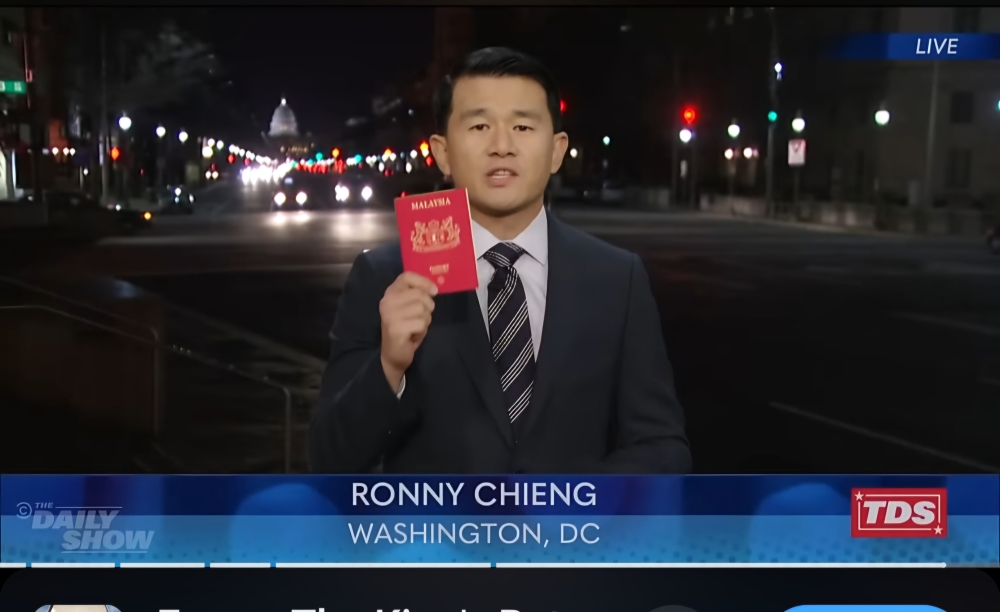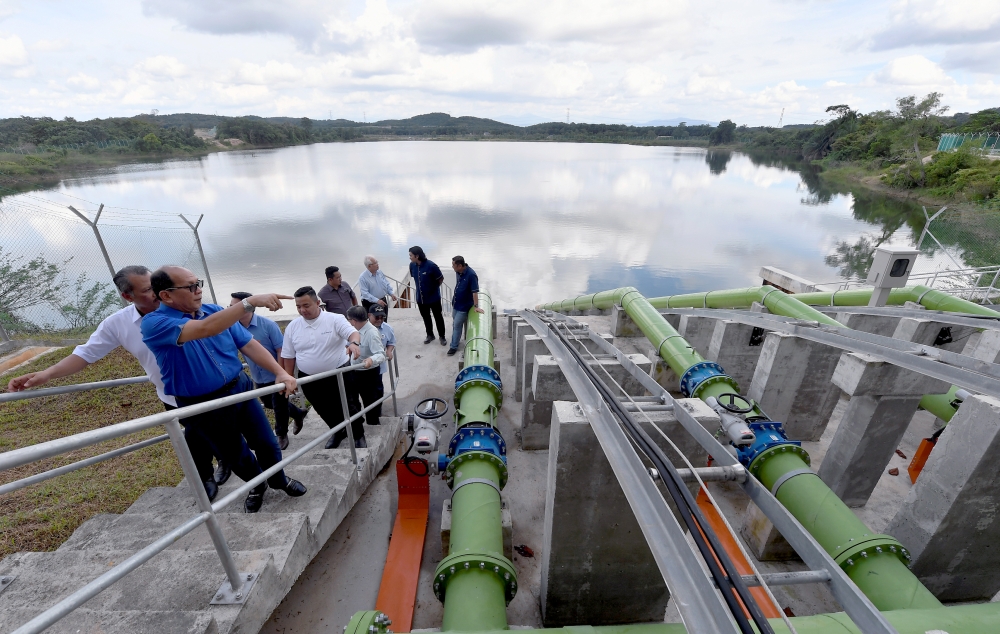MOSCOW, March 23 — Russian holders of domestic corporate Eurobonds face delays in receiving payments settled through international agents, as transactions get snarled up by sanctions, Russia’s National Settlement Depository (NSD), companies and analysts said.
Western sanctions and countersanctions by Moscow mean that the payment process on hard currency bonds issued by Russia or Russian companies has become much more complicated, with some payments delayed or getting stuck in transit.
Russian sovereign and corporate Eurobond payments were previously processed by international clearing and settlement firms such as Clearstream and Euroclear, which process payments and confirm ownership of assets before sending cash to Western bondholders and then to NSD for domestic holders.
Euroclear, owned by exchanges and banks, and Clearstream, part of Deutsche Boerse, said they would stop settling trades in Russian securities in response to European Union sanctions after last month’s Russian invasion of Ukraine, which Moscow describes as a “strategic military operation”. Read full story
“Delays are possible for payments cleared via international depositories,” NSD said in a statement to Reuters.
“This could be linked to ‘manual’ processing of the orders linked to Russian companies as well as with a need to get clarifications from European regulators,” NSD added.
Clearstream and Euroclear did not respond to requests for comment.
Payments affected
Russian companies are due to pay US$18.5 billion (RM78 billion) in external debt, including interest payments known as coupons, by year-end, ITI Capital analysts estimate, and the Russian finance ministry is due to pay another US$3.4 billion in sovereign Eurobonds.
Russian holders of at least four corporate Eurobonds are struggling to get payments, the firms themselves and ITI Capital say, namely steelmakers NLMK and Severstal, state-owned Russian Railways and fertilizer producer Eurochem.
NLMK, Russia’s top steelmaker, said in a statement yesterday that had it paid a coupon on its Eurobond due in 2024 and foreign noteholders started to receive their coupon payments, while Russian holders did not.
“This is due to the fact that... Euroclear and Clearstream are no longer settling transactions with Russia’s NSD. We currently see no legal grounds prohibiting Euroclear and Clearstream to process payments to Russian residents,” it said.
Severstal, whose main shareholder, Alexey Mordashov, was sanctioned by the EU on February 28, is also having trouble with the processing of its Eurobond coupon payment.
The payment sent last week by Severstal for the coupon on its 2024 loan participation notes (LPN) has yet to be processed by Citibank, with the grace period set to expire on Wednesday, a source close to Severstal told Reuters on Tuesday. Read full story
Russian Railways and Eurochem did not reply to Reuters requests for a comment.
In a separate statement, NSD said that it is receiving Eurobond payments from Euroclear, but will not process these until Euroclear gets clarification from European regulators.
NSD said it is not getting payments from Clearstream.
“After curbs are lifted, payments will be processed... as usual,” NSD said.
Dmitry Lesnov, head of the customer service department at Finam, said that his company is not receiving payments made via Euroclear or Clearstream and is awaiting further clarification.
Coupon payments due over the next few days include from Gazprom and SIBUR today, Russian Railways on March 25 and Polyus Gold on March 28, the same day Russia is due to make its next international bond payment.
The Russian finance ministry made a US$117 million and a US$66 million Eurobond coupon payment recently, with foreign bondholders receiving their funds.
Kommersant daily newspaper, citing a source at a large brokerage firm, said on Wednesday that some Russian holders of sovereign Eurobonds had not received coupon payments.
The finance ministry did not reply to a request for a comment. — Reuters






















